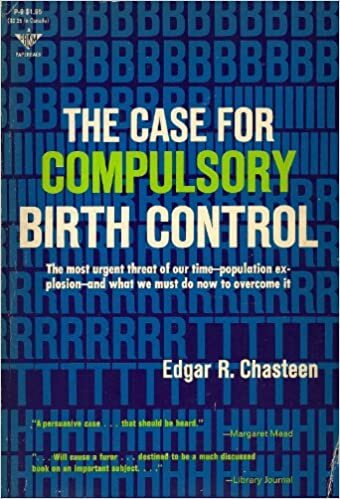A Christian Environmental Ethics - Part Three
This post is Part Three of a series on Christian environmental ethics. Part One emphasized the goodness of creation and the unique stewardship responsibility of humans within the created order. Part Two outlined the impact of sin on the world, particularly through the cursing of creation.
All of creation was good, as God described. However, because of Adam’s sin, God cursed creation to remind humans of the impact of their sin and point toward their need for a redeemer. Additionally, humans have, on many occasions, continued to sin by being poor stewards of creation, which can be seen in some of the pollution and many of the human-caused ecological disasters in the world.
In Scripture, Romans 8 points toward the final redemption of all things, when the curse will be lifted. This is both a present and future reality. In other words, redemption has a right-now aspect and a not-yet aspect. As Paul write in 1 Corinthians 13:12,
“For now we see in a mirror dimly, but then face to face. Now I know in part; then I shall know fully, even as I have been fully known.”
Redemption is the work of Christ in the world. Even from the beginning, Christ has been deeply involved in every aspect of creation.
He [God the Father] has delivered us from the domain of darkness and transferred us to the kingdom of his beloved Son, in whom we have redemption, the forgiveness of sins.
He [Christ] is the image of the invisible God, the firstborn of all creation. For by him all things were created, in heaven and on earth, visible and invisible, whether thrones or dominions or rulers or authorities—all things were created through him and for him. And he is before all things, and in him all things hold together. And he is the head of the body, the church. He is the beginning, the firstborn from the dead, that in everything he might be preeminent. For in him all the fullness of God was pleased to dwell, and through him to reconcile to himself all things, whether on earth or in heaven, making peace by the blood of his cross. (Col 1:13–20)
Christ created all things. He holds all things together. He will reconcile all things to himself, making peace by the blood of his cross.
We can see Christ’s work of redemption and reconciliation in his life. The vast majority of Christ’s miracles demonstrate a pushing back of the curse. The only two possible exceptions are the withering of the fig tree and the changing of water to wine at the wedding at Cana, but both of those can be explained as still demonstrating a positive influence over the created order.
The lesson we can pull from this is that we should be working right now to combat the effects of the curse. This includes such things as healing people, helping the poor, and minimizing pollution. Good stewardship includes working for a healthier ecosystem.
Revelation provides a picture of what the New Heavens and New Earth will look like:
“Then I saw a new heaven and a new earth, for the first heaven and the first earth had passed away, and the sea was no more. And I saw the holy city, new Jerusalem, coming down out of heaven from God, prepared as a bride adorned for her husband. And I heard a loud voice from the throne saying, “Behold, the dwelling place of God is with man. He will dwell with them, and they will be his people, and God himself will be with them as their God. He will wipe away every tear from their eyes, and death shall be no more, neither shall there be mourning, nor crying, nor pain anymore, for the former things have passed away.” (Rev 21:1–4)
Here are two things to note from this text:
1. History is moving from the garden to a city. This means that human development and population of the earth is expected. Untouched wilderness may be a good, and may be something we can enjoy, but it isn't the goal for all of creation.
2. The final restoration of the created order––the removal of the curse––is the work of God and not the work of humans. It is something God has planned from the beginning.
Drawing these concepts together, we can see that the ultimate work of restoring the environment will be done supernaturally by God. However, just as Christ worked to reverse the effects of the curse on the earth, so should we. This will include finding ways to be environmentally friendly. Being environmentally friendly, in many cases, is a part of whole-life stewardship.





















